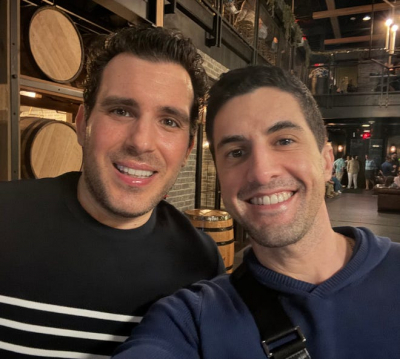
William F. Baker: Pioneering Visionary in Television
William F. Baker
William F. Baker (television)
William F. Baker is a prominent figure in the realm of American television, celebrated for his profound influence and groundbreaking contributions to the industry. Born on May 21, 1940, Baker's career spans decades, marked by significant achievements and innovative endeavors.
Baker's journey into the television industry commenced with his academic pursuits. He obtained a Bachelor of Arts in Economics from Fordham University in 1961. Subsequently, he pursued higher education at the University of Pennsylvania's Wharton School, where he earned a Master of Business Administration in 1966. Armed with a strong academic foundation, Baker embarked on a career trajectory that would leave an indelible mark on the landscape of television.
One of Baker's most notable affiliations was with the Public Broadcasting Service (PBS), where he served in various capacities over the years. Notably, he held the position of President and CEO of WNET, one of the largest public television stations in the United States, from 1987 to 2007. During his tenure, Baker spearheaded numerous initiatives aimed at enhancing the quality and reach of public broadcasting. His strategic vision and leadership played a pivotal role in shaping WNET into a powerhouse of educational and cultural programming.
Baker's influence transcended the confines of individual institutions. He made significant contributions to the broader television industry through his involvement in various organizations and advisory roles. His insights and expertise were sought after by entities ranging from the National Association of Broadcasters to the Corporation for Public Broadcasting, where he served on the board of directors.
Beyond his administrative roles, Baker is recognized for his scholarly contributions to the field of media studies. He is the author of several books that explore the intersection of media, technology, and society. His writings offer invaluable insights into the evolving dynamics of television in the digital age, reflecting his deep understanding of the medium's cultural and social significance.
Throughout his illustrious career, William F. Baker has remained a steadfast advocate for the transformative potential of television as a tool for education, enlightenment, and social change. His unwavering commitment to excellence and innovation has earned him widespread respect and admiration within the industry and beyond. As television continues to evolve in the 21st century, Baker's legacy serves as a guiding light, inspiring future generations to push the boundaries of what is possible in the realm of broadcast media.
William F. Baker stands as a towering figure in the annals of American television, his legacy defined by visionary leadership, scholarly insight, and unwavering dedication to the medium's potential for enlightenment and societal impact. From his transformative tenure at WNET to his prolific contributions as an author and advisor, Baker's influence resonates across the industry, shaping not only the trajectory of public broadcasting but also the broader discourse on media and culture. As television continues to evolve in the digital age, Baker's enduring legacy serves as a beacon of inspiration, reminding us of the profound possibilities inherent in harnessing the power of the screen to inform, educate, and inspire.
William F. Baker has been referenced in various books, films, television series, and websites, particularly those focusing on the history and evolution of television, public broadcasting, and media studies. Some notable mentions may include scholarly works on the development of public television in the United States, biographies of influential figures in the television industry, documentaries exploring the impact of media on society, and articles on media leadership and innovation. Additionally, Baker's contributions to specific television programs or projects, such as documentaries or interviews, may also be documented in relevant sources. For a comprehensive list of references, further research through academic databases, media archives, and bibliographic resources would be necessary.








